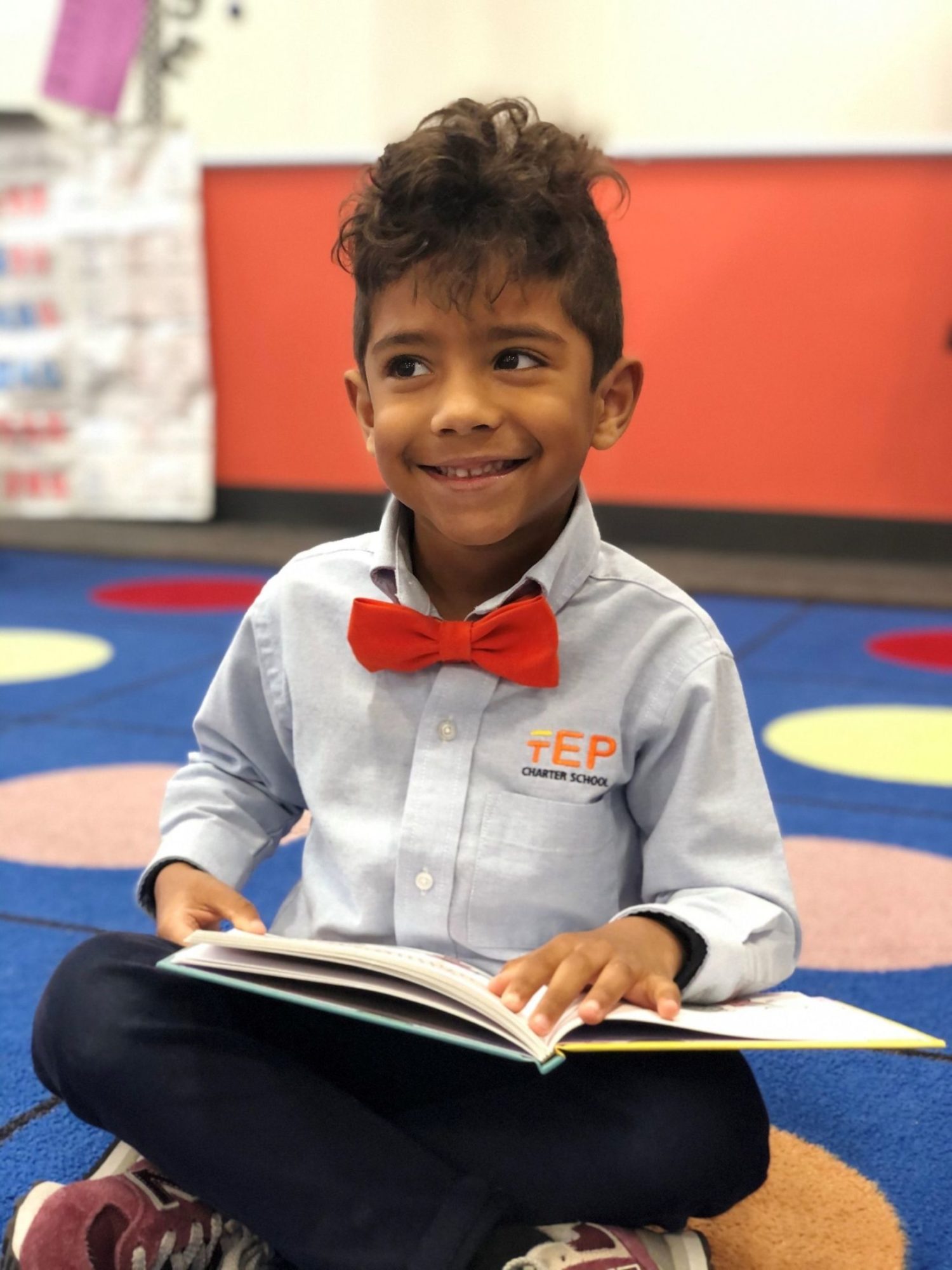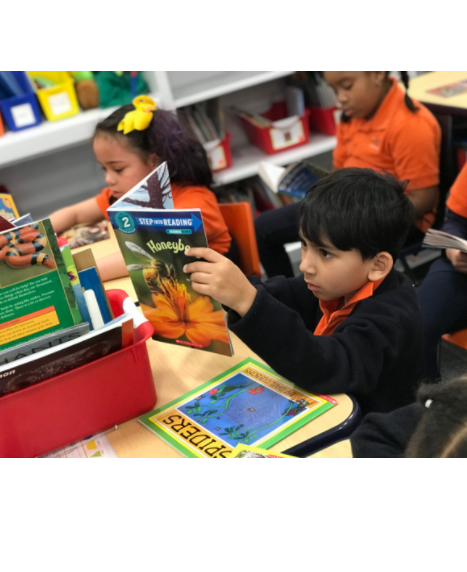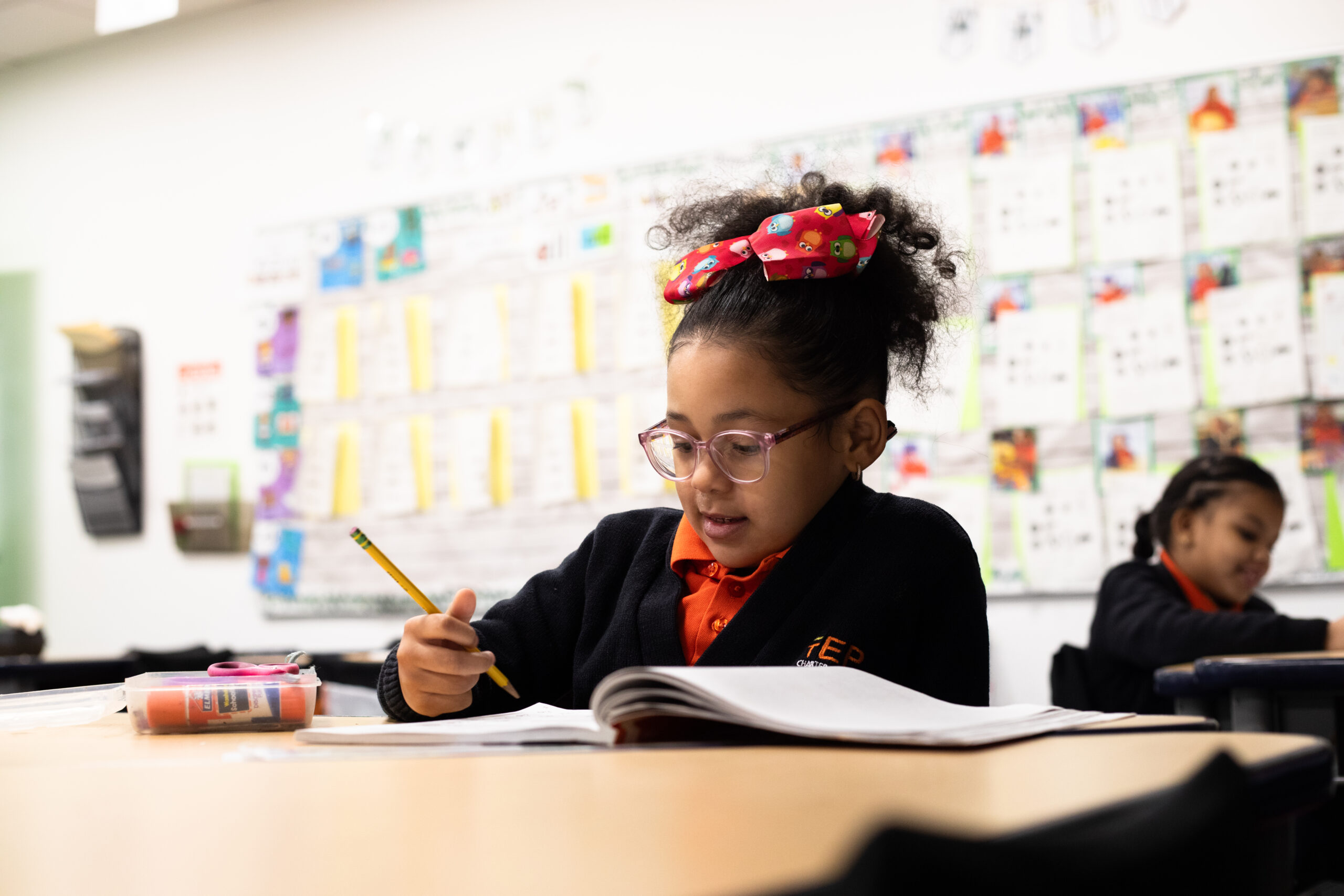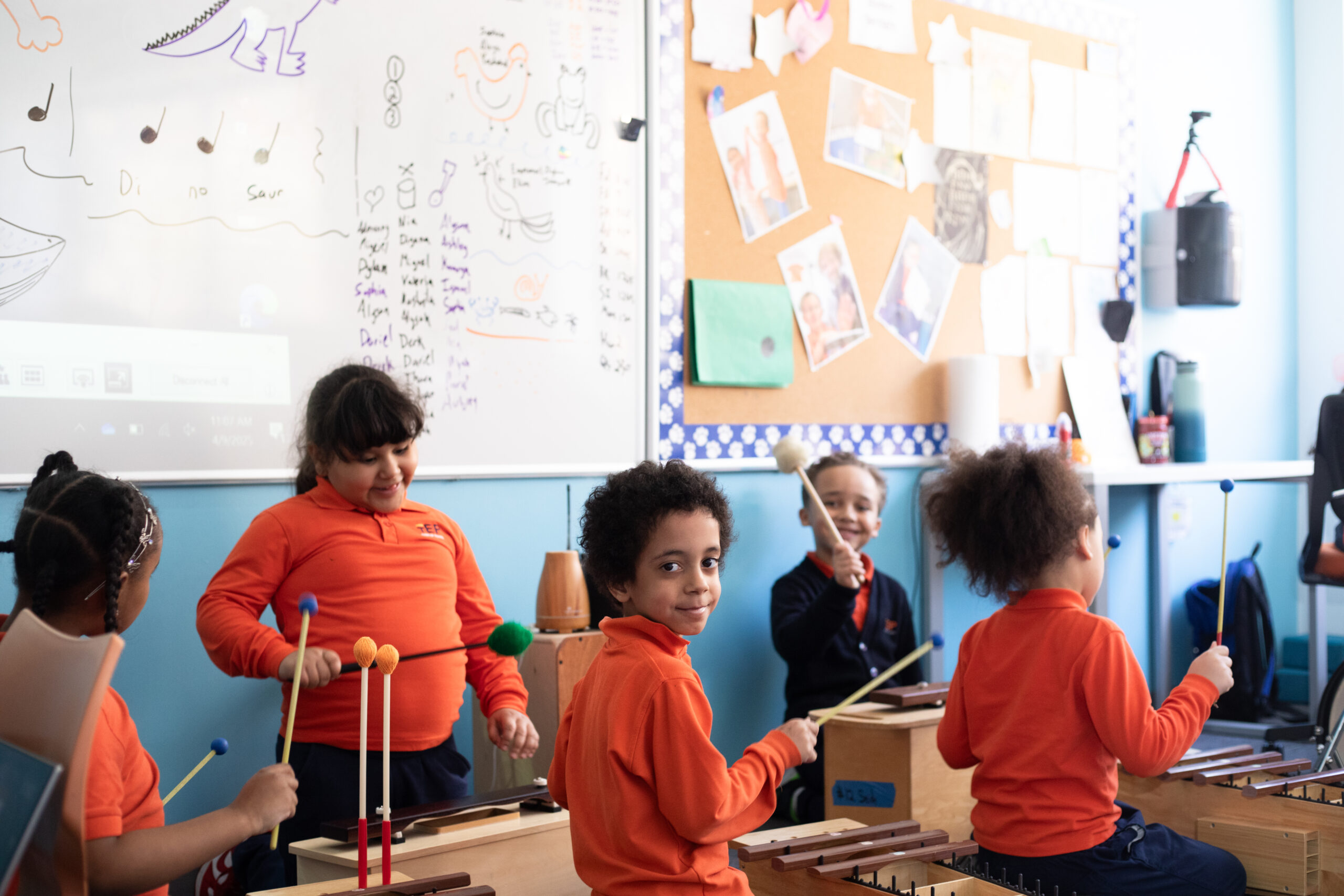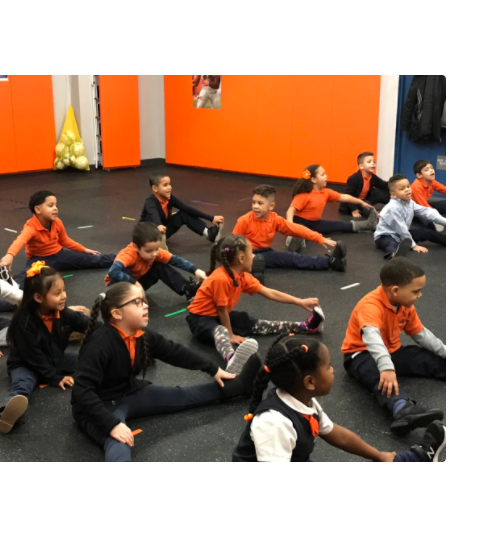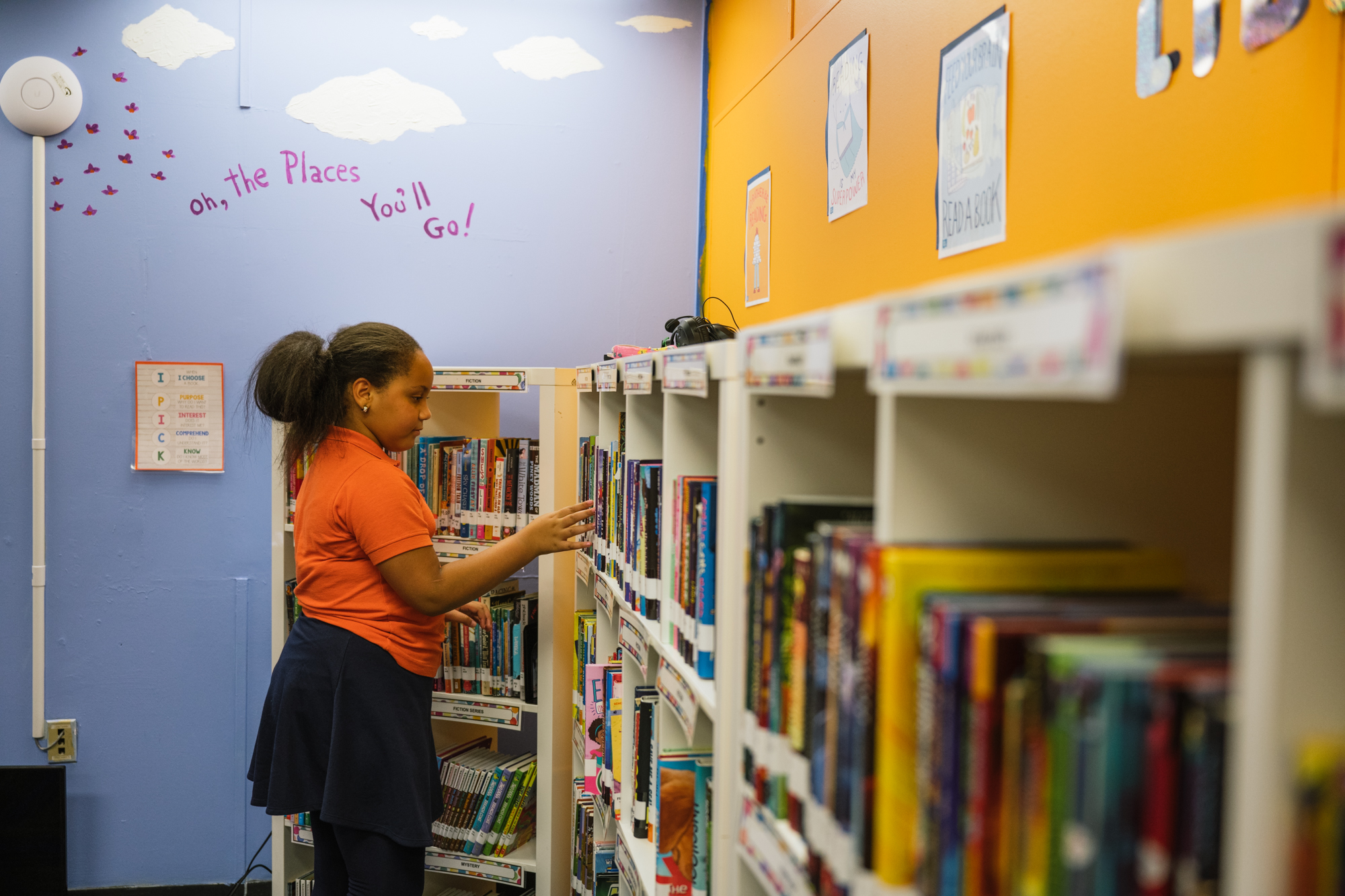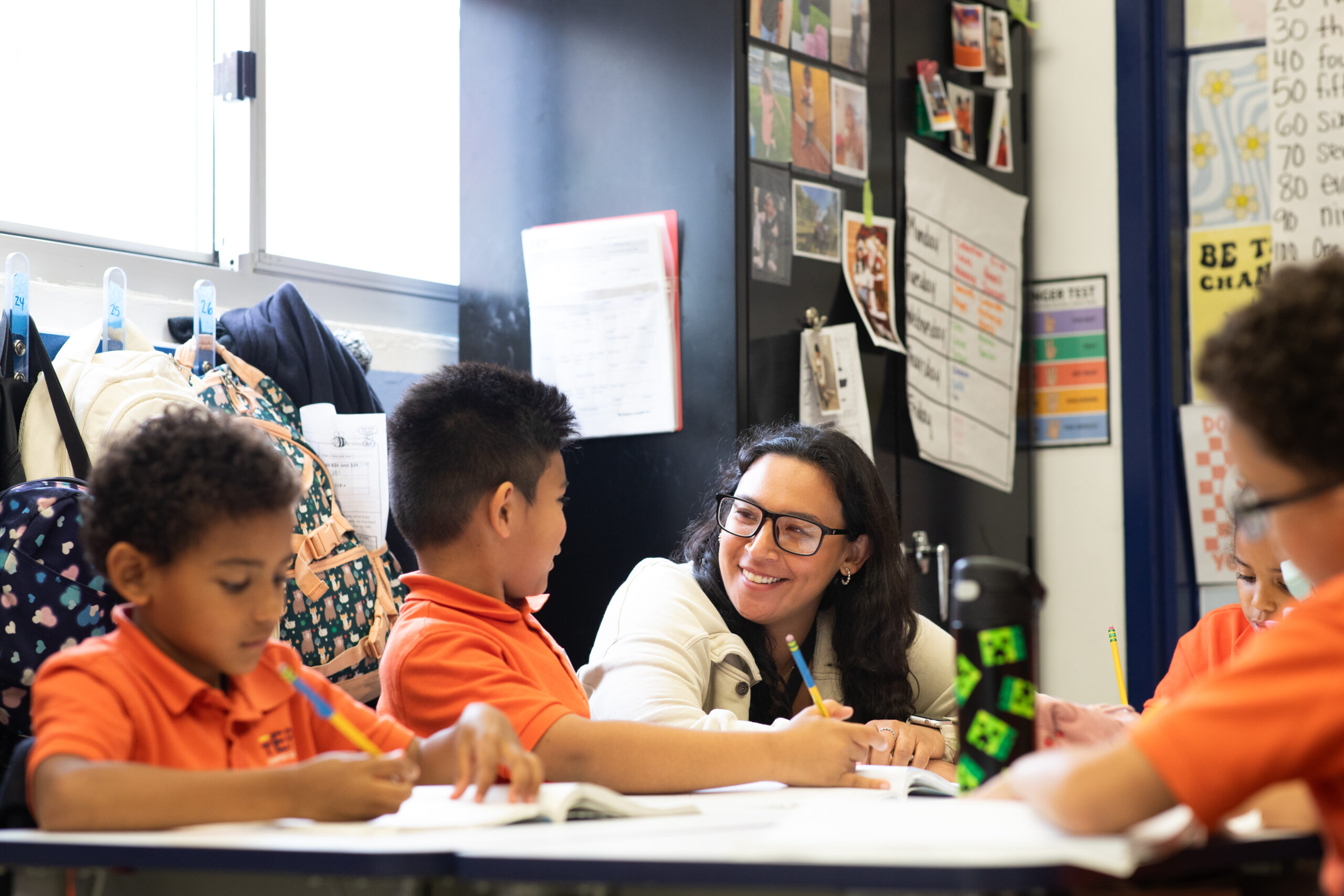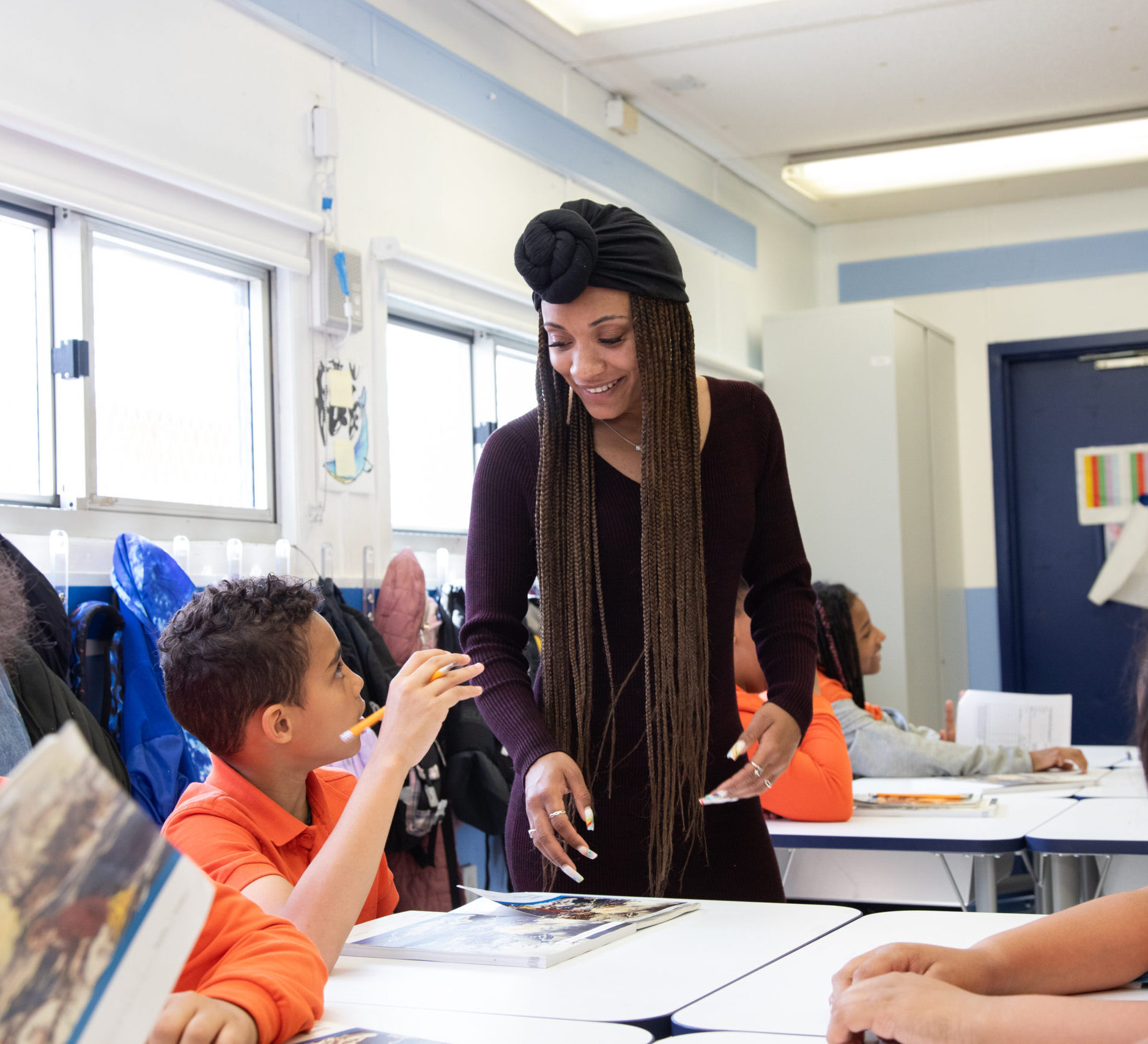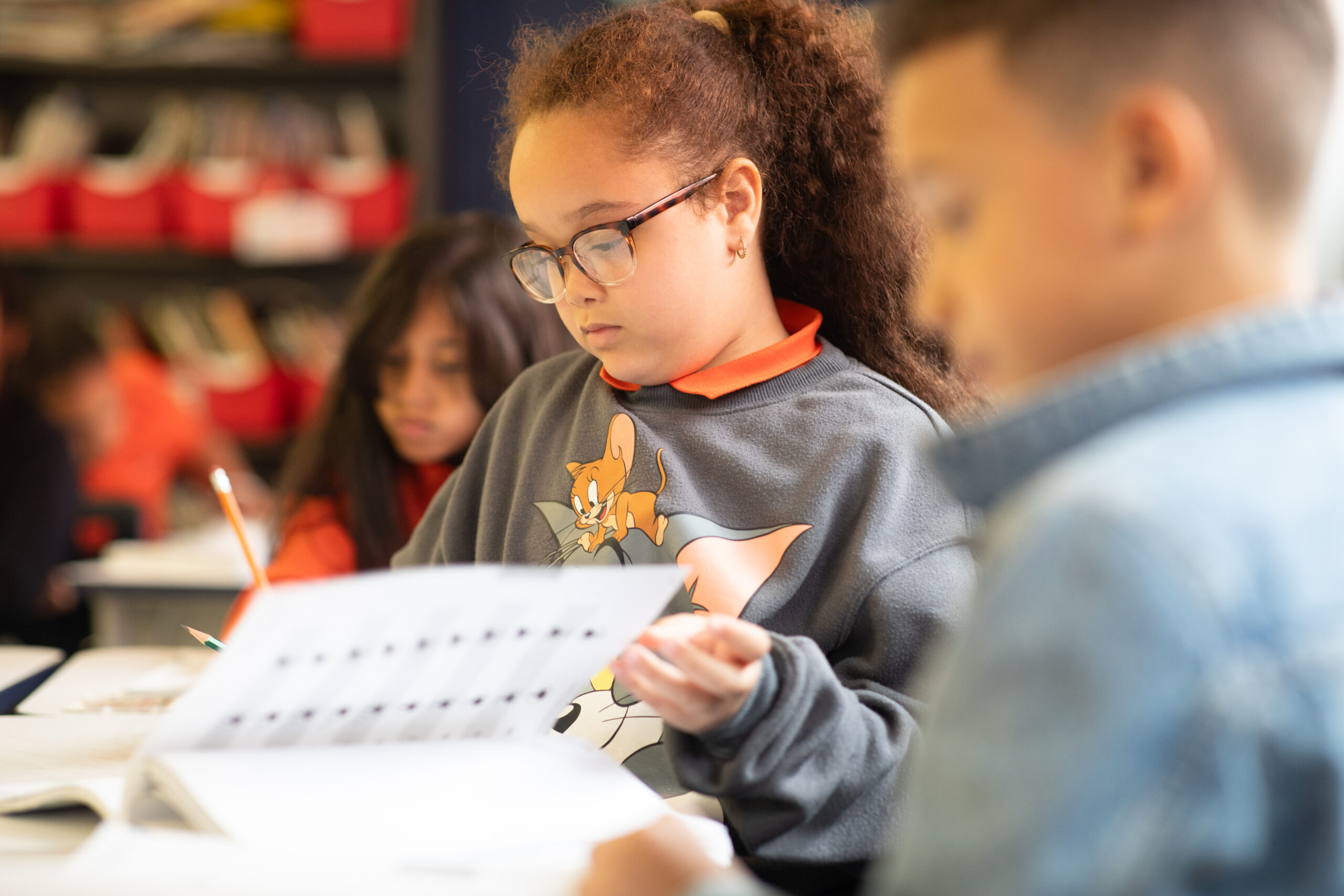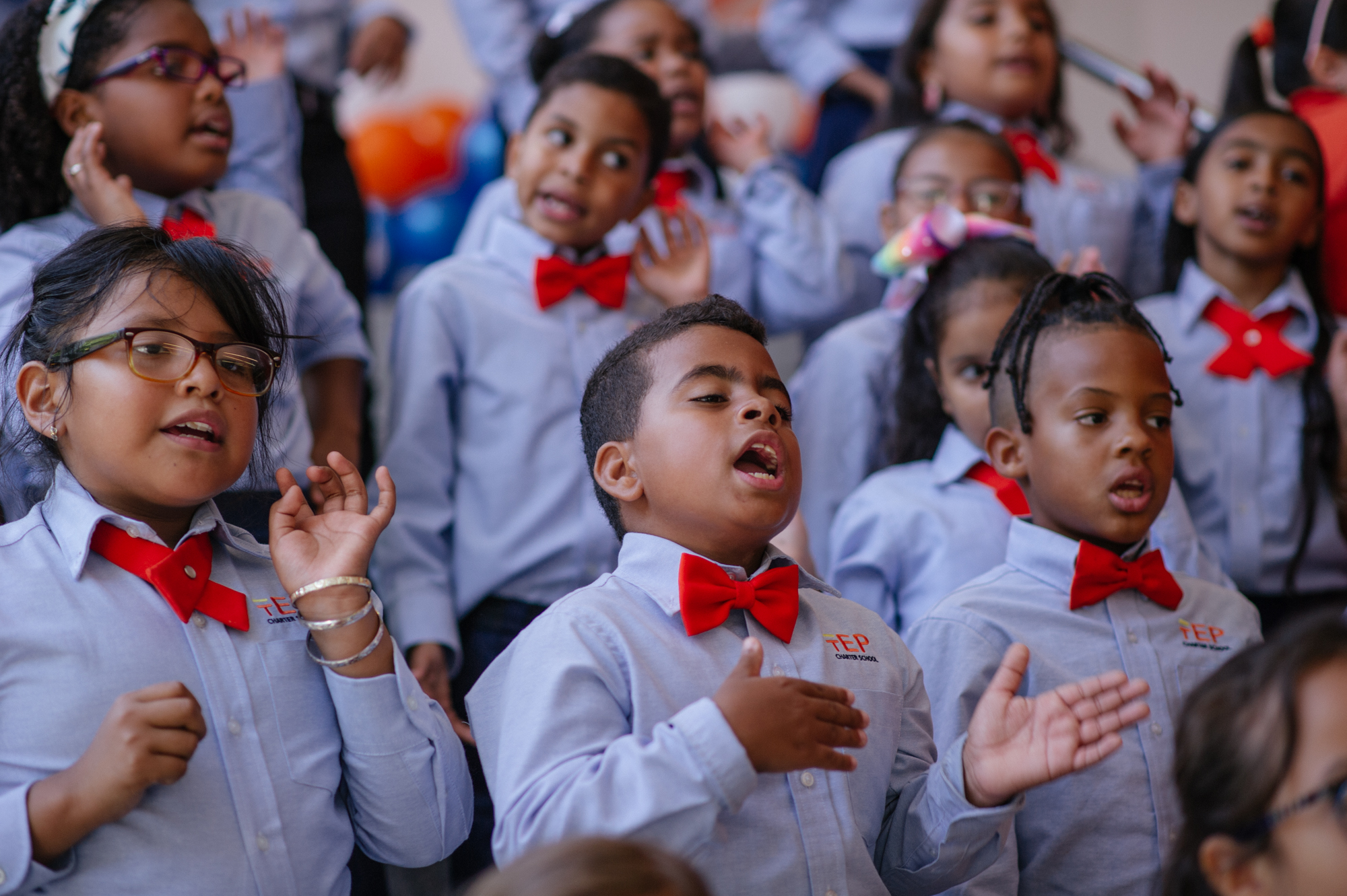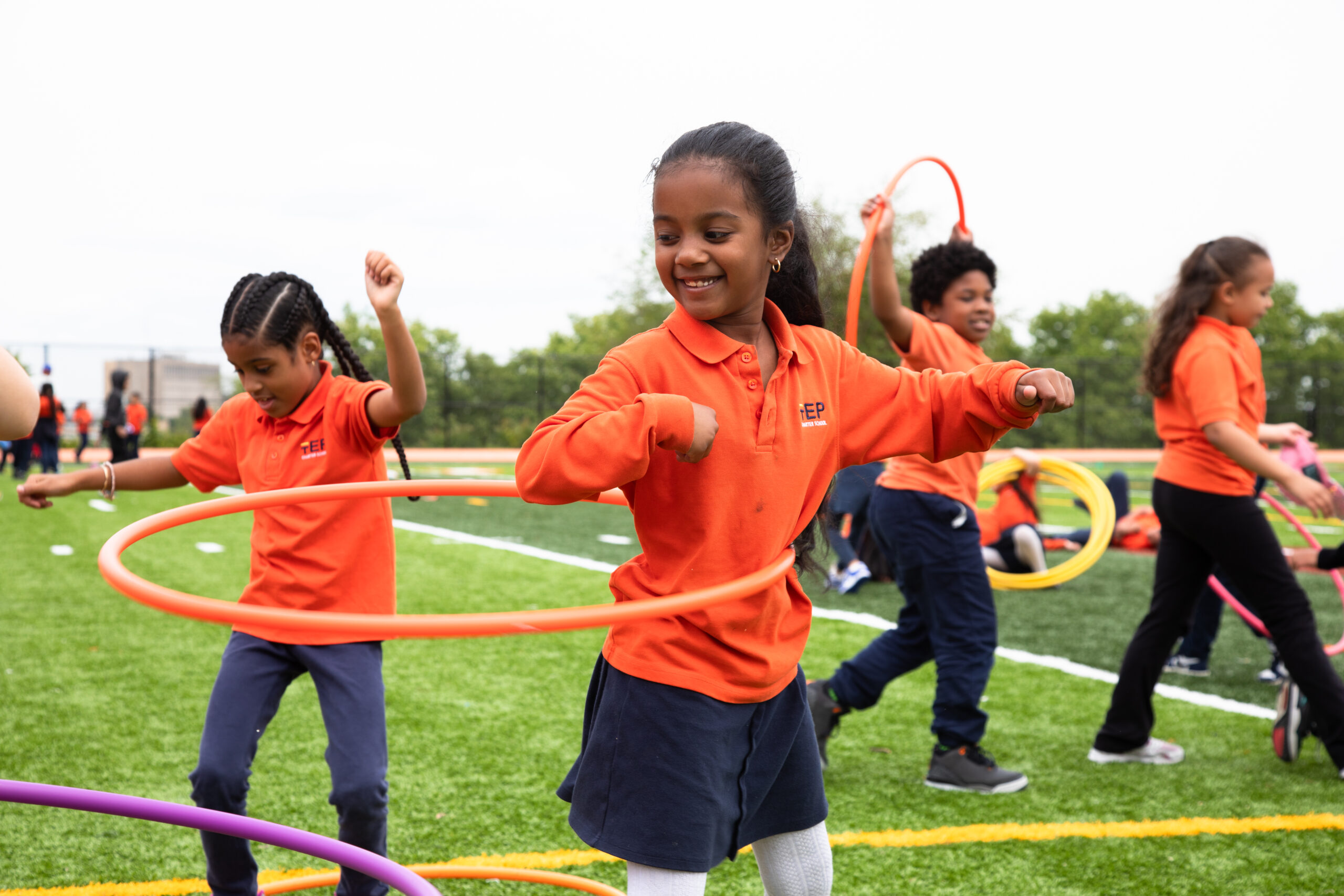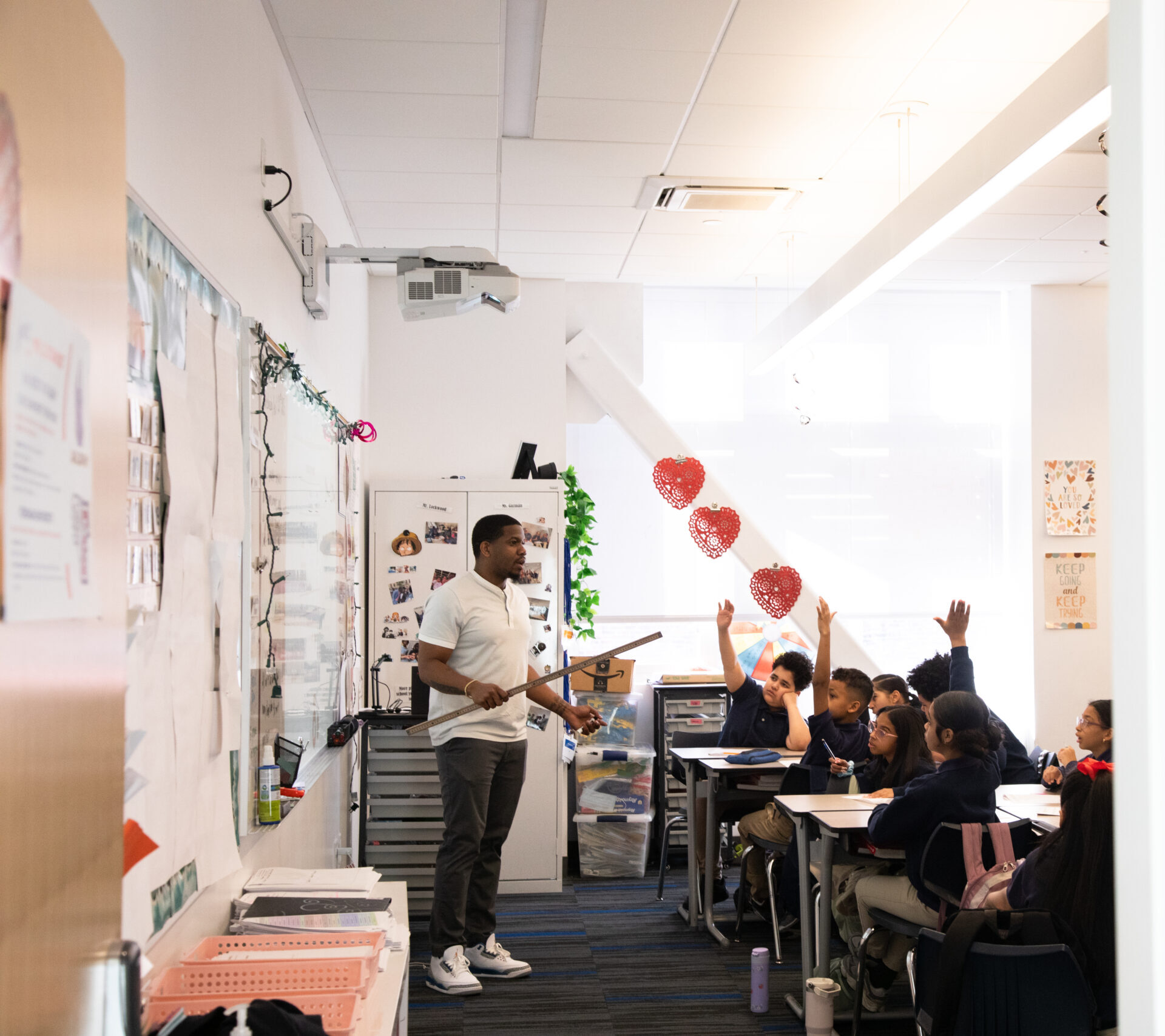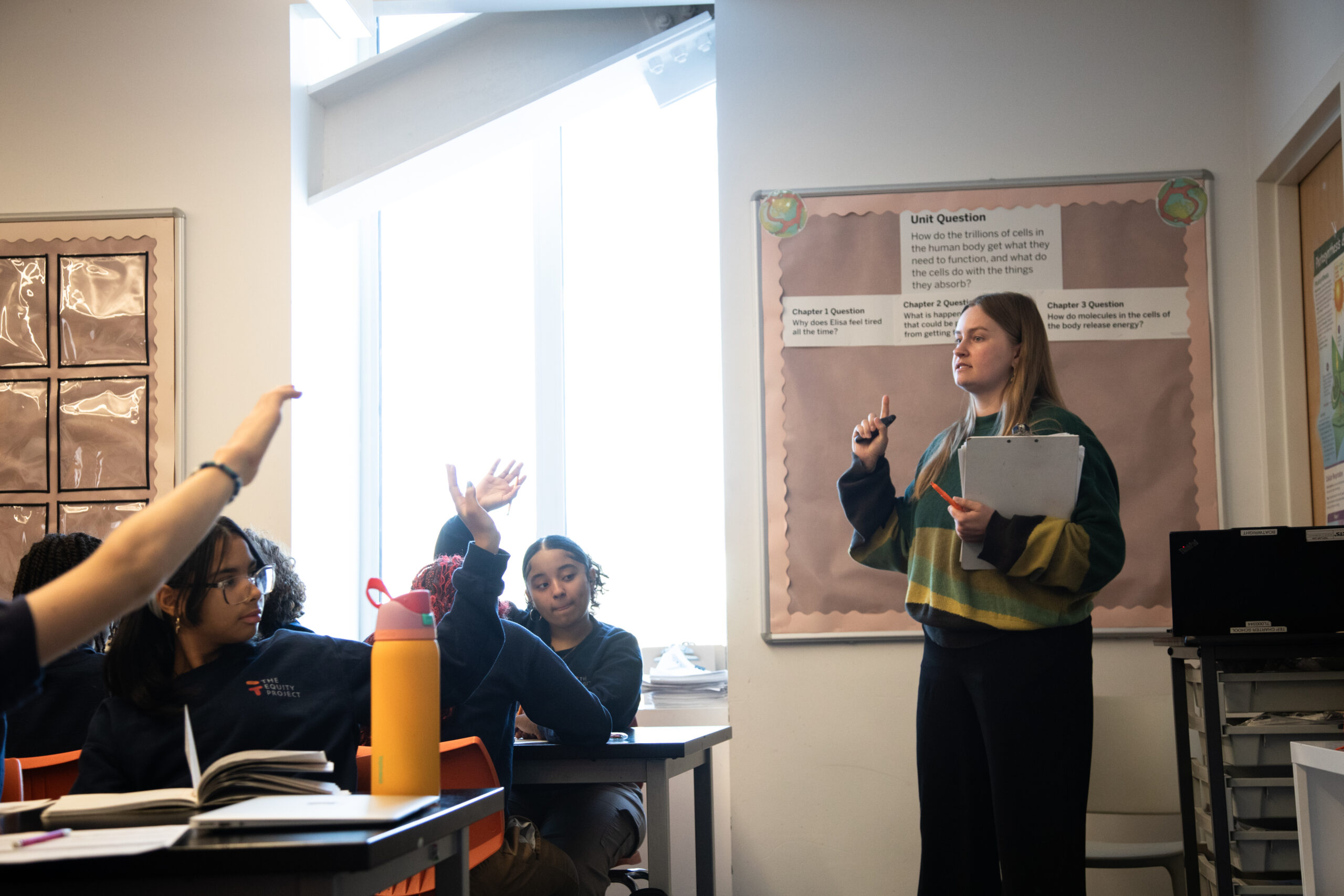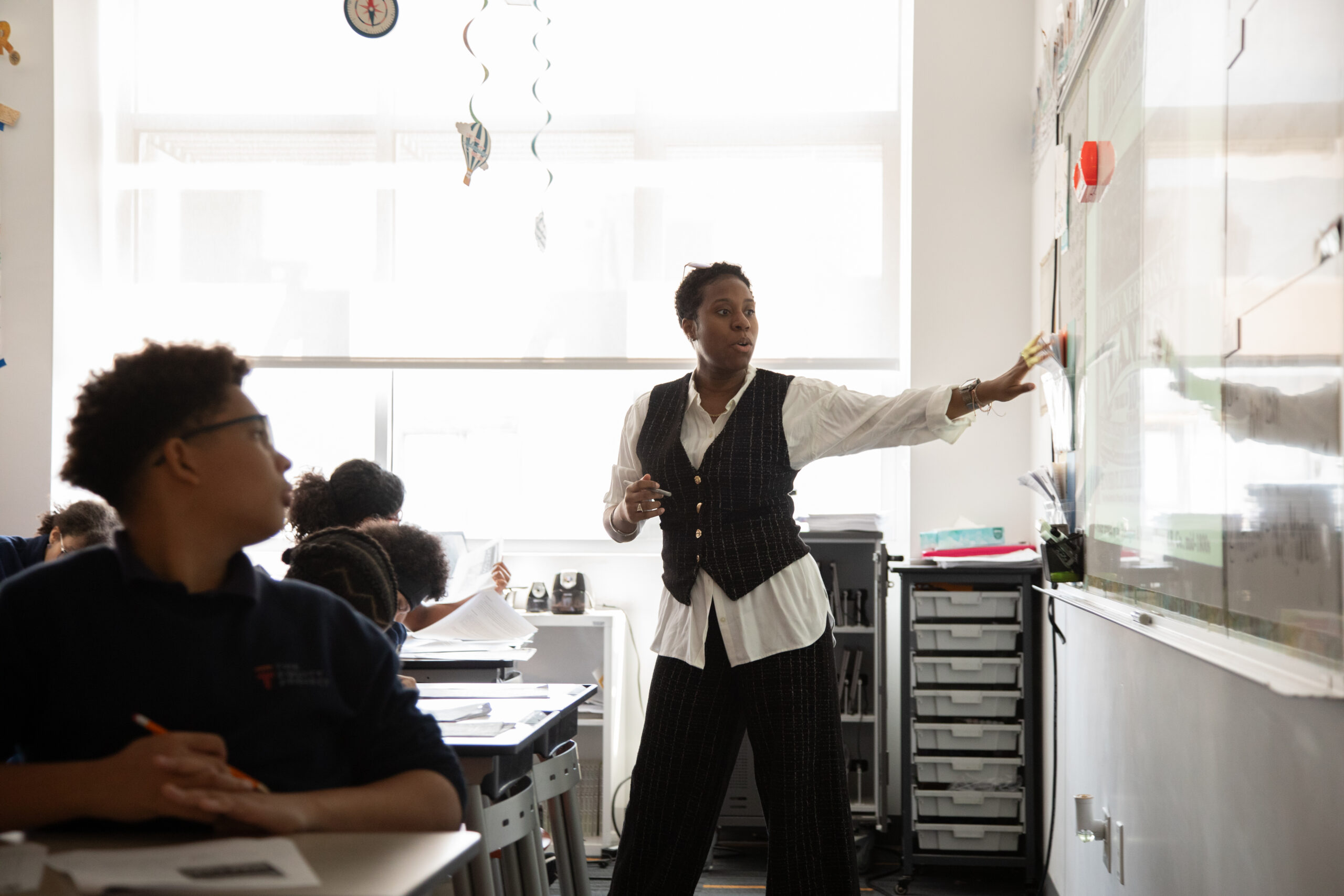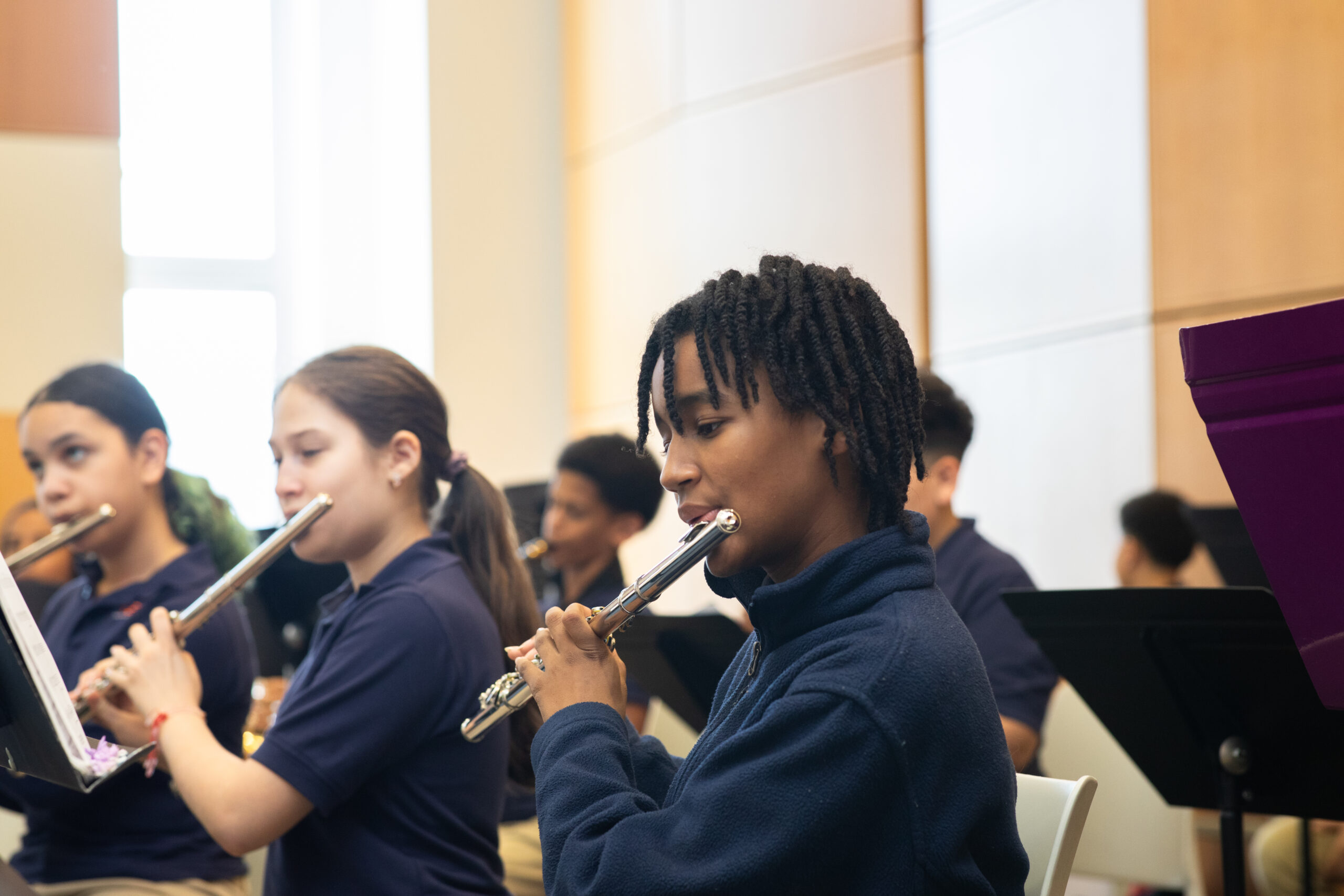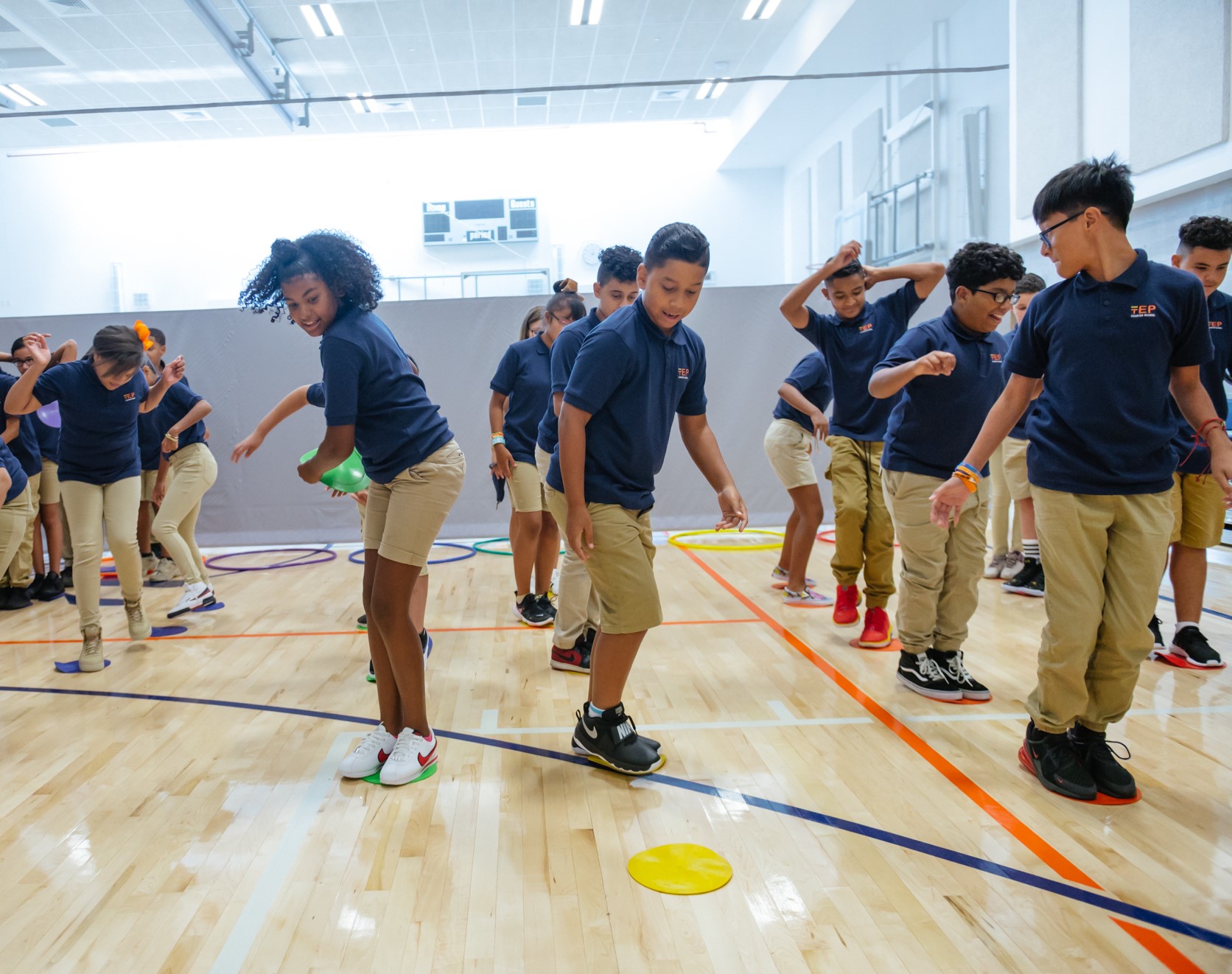Physical Education
TEP features a world-class PE program where students are encouraged to take chances in a supportive environment as they continue to enhance their personal level of Physical Literacy. Our state of the art facility provides the atmosphere and resources required to allow EVERY student to leave TEP with the confidence and competence to pursue any athletic endeavor of interest. Our curriculum provides a holistic approach to learning, which is designed to expose students to a wide variety of physical activities such as Invasion Games (basketball, soccer, football, lacrosse, floor hockey, etc.), net/wall games (volleyball, badminton, pickle ball, table tennis, etc.), target games (golf, shuffleboard, archery, etc) and general health pursuits (HIIT, strength training, yoga, etc.). This varied approach ensures that your child leaves the TEP PE program with a positive outlook on health, nutrition and fitness.





